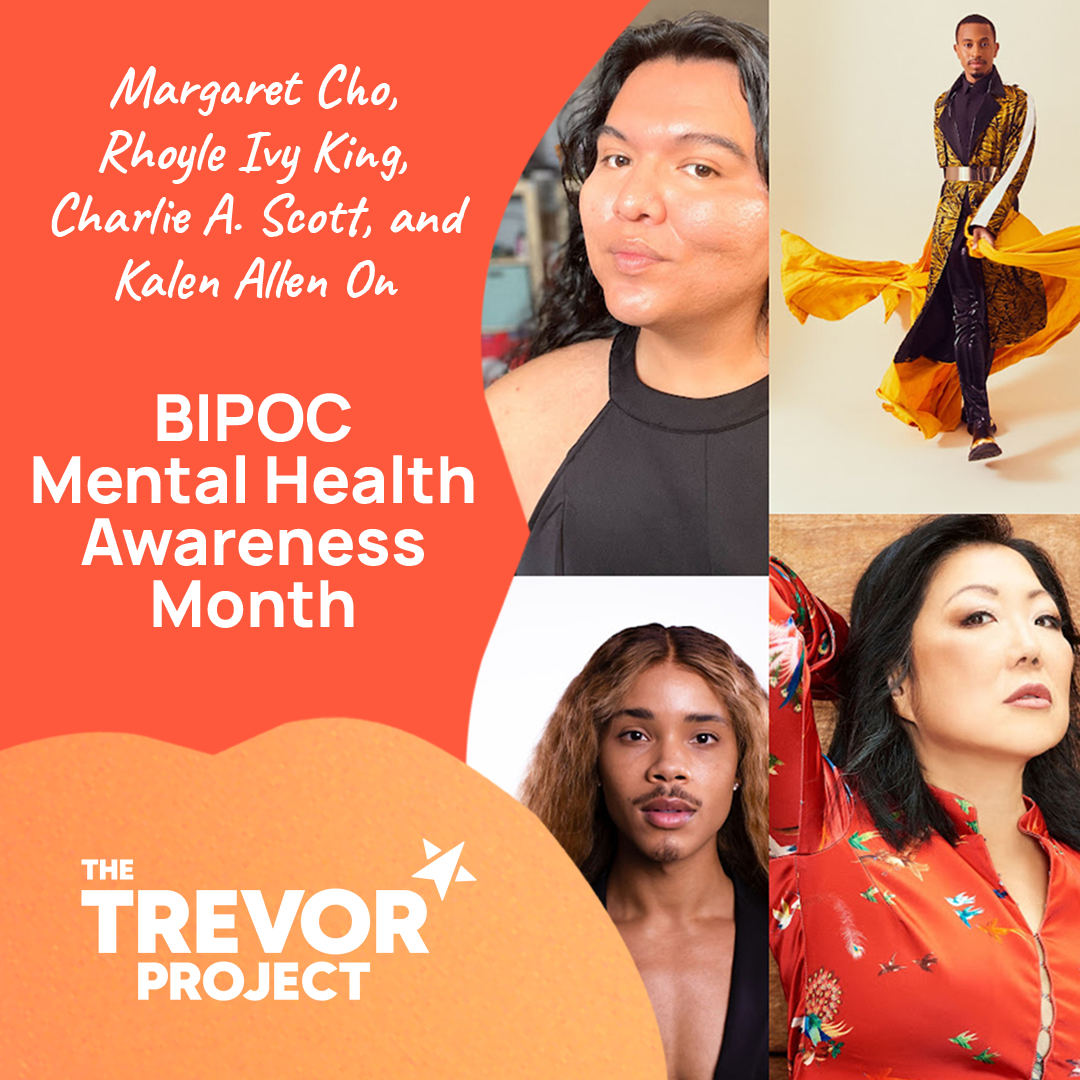July is Black, Indigenous, and People of Color (BIPOC) Mental Health Awareness Month, a month that serves as a special opportunity for BIPOC individuals and allies to raise awareness about the unique mental health needs and concerns of people of color. BIPOC is ultimately just an acronym that encompasses a wide range of experiences, identities, and struggles — so we asked our community to weigh in on intersectionality, mental health, and what BIPOC LGBTQ young people need from allies.
Margaret Cho (she/her)
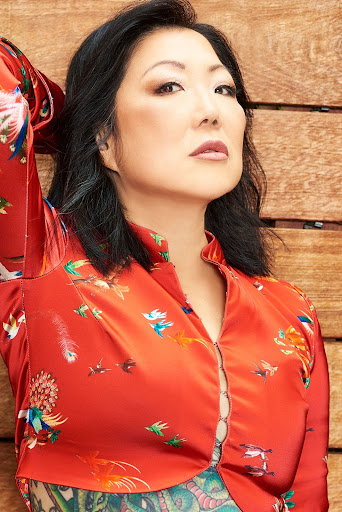
How do your identities and their intersections shape who you are and/or impact your own mental health?
My queerness ensures my space in a community that values our diversity and inclusion. Our intersections make us connected and our continuous conversation with expanding our understanding of each other make us whole.
What is something we all can do to advocate for and protect the mental health of young BIPOC LGBTQ individuals?
Listen, learn, teach, protect and fight.
Rhoyle Ivy King (he/him/they)
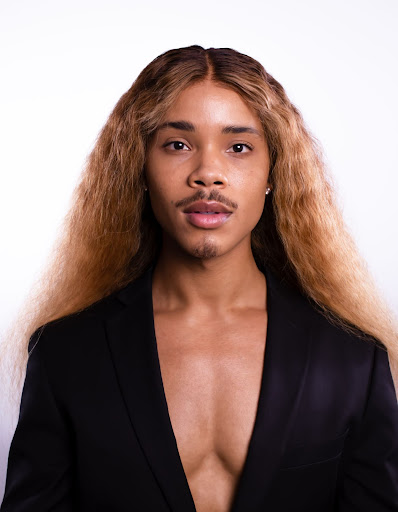
How do your identities and their intersections shape who you are and/or impact your own mental health?
More than anything, the place where my identities intersect is the place where I had to pour the most love into. At first it was hard because I wanted so badly to fit in. Now, it’s the place my uniqueness calls home. It’s the place that confirms that there was never, is never, and will never; be another you.
What is something we all can do to advocate for and protect the mental health of young BIPOC LGBTQ individuals?
I would really encourage BIPOC LGBTQ youth to find a community, a positive group, and/or person to connect to, to trust. When I was in high school I found that place in theater, speech & debate, choir, and dance. Now my best friend is the main source of loving reciprocity. Always find a space, where you are heard, loved, and seen for who you are. Always start with hearing, loving, and seeing yourself first.
Charlie A. Scott (Diné) (they/she)
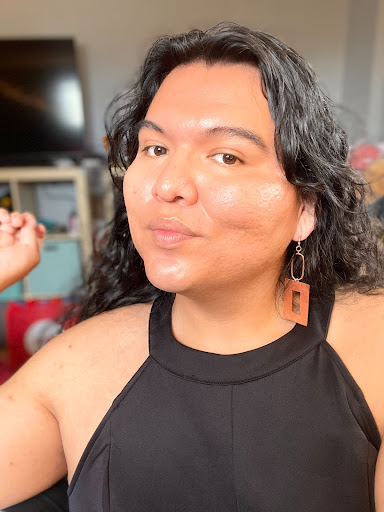
How do your identities and their intersections shape who you are and/or impact your own mental health?
I am Diné. I am Queer. I am Trans. I am all of these identities and more. To claim that is celebrating these aspects of myself and learning to love who I was, who I am, and who I will become. To love who I am is an act of resistance, an act of resilience, and an act of disruption.
What is something we all can do to advocate for and protect the mental health of young BIPOC LGBTQ individuals?
To the youth with questions about themselves, it is a journey worth navigating and exploring as you come to know who you are, and a journey of becoming as you learn to celebrate and love all that is you. Be patient and kind to yourself. Please, never forget how brilliant and how beautiful you are.
To protect our own mental health and the mental health of BIPOC youth, we must set boundaries. It is also ok to cry and allow yourself to feel; whether it is joy, laughter, anger, or grieving. Learn to communicate and express your emotions. Healing begins with you, and it is quite a journey as well, but it is worth it. You are worthy of so much. Always remember that.
Kalen Allen (he/him)
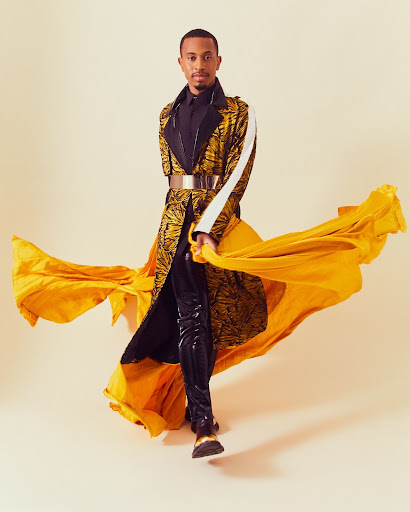
How do your identities and their intersections shape who you are and/or impact your own mental health?
Every day I have to consider my intersectionality, no matter where I’m going or doing. It affects where I live, what I do, and even how I walk. It can be exhausting to feel like no matter how talented or fabulous you are, you may never receive all you deserve because of who you were born as. However, the collateral beauty of that can also be rewarding. I know that much of who I am was built out of strife. I knew I needed a way out and had bigger dreams and aspirations than the world told me I could achieve. So, I fought harder and worked smarter. You must find and cultivate a personal space where you are enough.
What is something we all can do to advocate for and protect the mental health of young BIPOC LGBTQ individuals?
Love and support. Many of us are living and even thriving regardless of the lack thereof. But I can only imagine who we could become if we were afforded basic human needs. Also, hold yourself and others around you accountable. Pay attention to how you perpetuate racism, internalized homophobia, ableism, and other prejudice. But most importantly, be okay with not being perfect. We all have our own biases, but we must actively unlearn those daily, and recognizing our ignorance is necessary to create a better world.
Sue Cardenas-Soto is a Copywriter at The Trevor Project, the world’s largest suicide prevention and mental health organization for lesbian, gay, bisexual, transgender, queer & questioning (LGBTQ) young people. If you or someone you know is feeling hopeless or suicidal, our trained crisis counselors are available 24/7 at 1-866-488-7386 via chat www.TheTrevorProject.org/Get-Help, or by texting START to 678-678.
